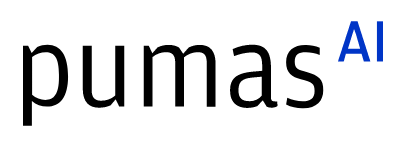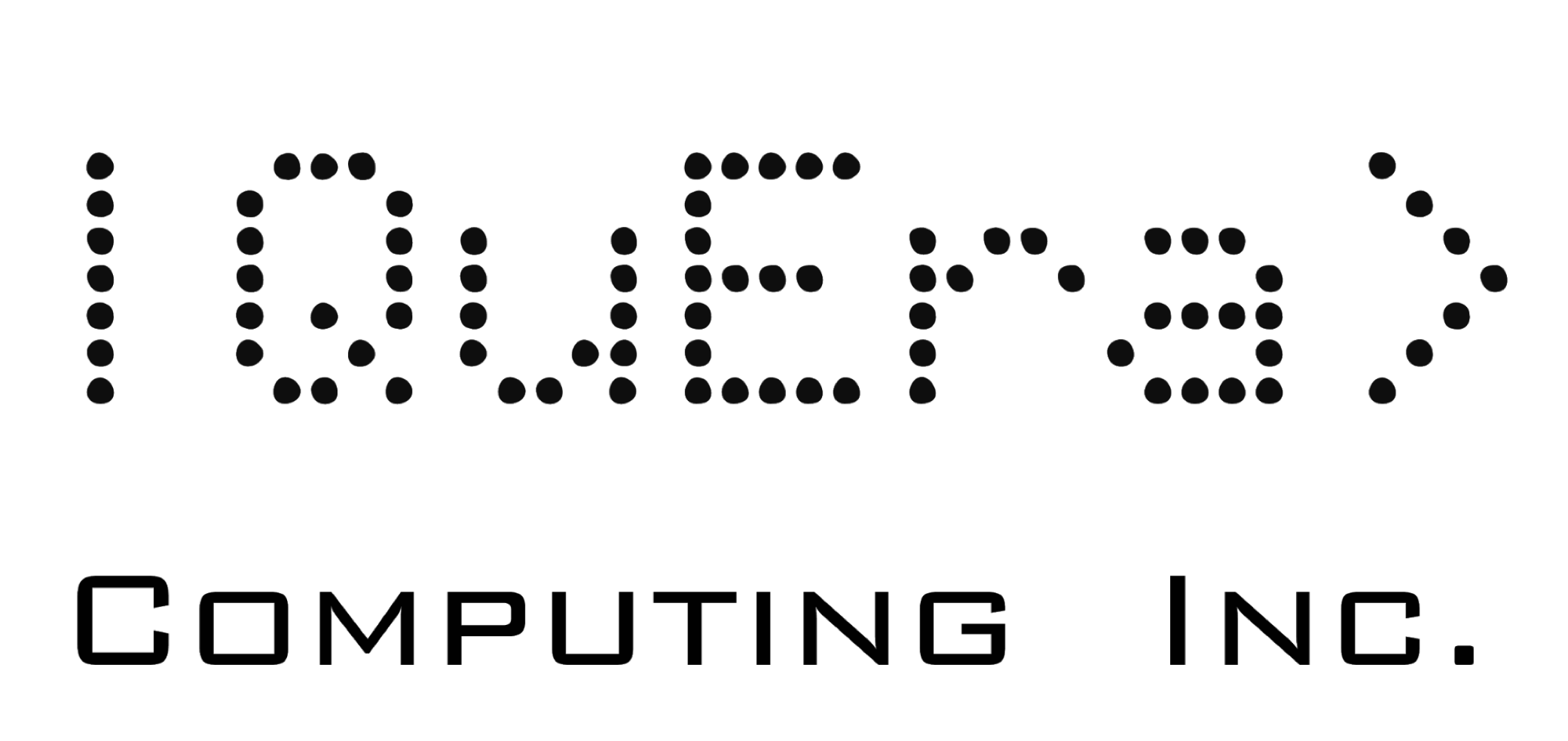Manopt.jl – Optimisation on Riemannian manifolds
Abstract:
Manopt.jl provides a set of optimization algorithms for problems given on a Riemannian manifold. Build upon on a generic optimization framework, together with the interface ManifoldsBase.jl for Riemannian manifolds, classical and recently developed methods are provided in an efficient implementation. This talk will also present some algorithms implemented in the package.
Description:
In many applications and optimization tasks, non-linear data appears naturally. For example, when data on the sphere is measured, diffusion data can be captured as a signal or even multivariate data of symmetric positive definite matrice, and orientations like they appear for electron backscattered diffraction (EBSD) data. Another example are fixed rank matrices, appearing in matrix completion. Working on these data, for example doing data interpolation and approximation, denoising, inpainting, or performing matrix completion, can usually be phrased as an optimization problem
Manopt.jl (manoptjl.org) provides a set of optimization algorithms for optimization problems given on a Riemannian manifold. Build upon on a generic optimization framework, together with the interface ManifoldsBase.jl for Riemannian manifolds, classical and recently developed methods are provided in an efficient implementation. Algorithms include the derivative-free Particle Swarm and Nelder–Mead algorithms, as well as classical gradient, conjugate gradient and stochastic gradient descent. Furthermore, quasi-Newton methods like a Riemannian L-BFGS and nonsmooth optimization algorithms like a Cyclic Proximal Point Algorithm, a (parallel) Douglas-Rachford algorithm and a Chambolle-Pock algorithm are provided, together with several basic cost functions, gradients and proximal maps as well as debug and record capabilities.
Platinum sponsors



Gold sponsors


Silver sponsors








Media partners



Community partners


Fiscal Sponsor
